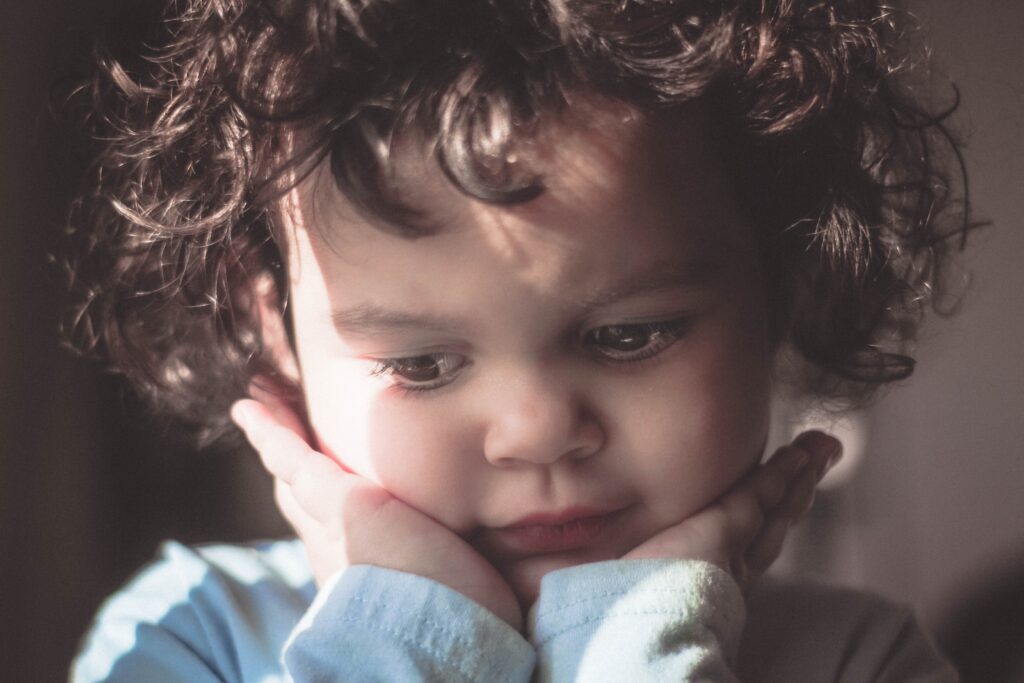When we think of babies and toddlers, especially in those hectic early days, weeks and months of life, we tend to focus on their physical survival needs: keeping them warm, fed, dry and safe. Nobody would argue about the significance of these factors, but their social and emotional well-being, known as their mental health, is equally important to keep in mind at this early stage.
This raises several questions
What do we mean when we talk about Infant and Early Childhood Mental Health? How could this concept possibly relate to little ones so young? Is this not the domain of older children and adolescents? If you find this idea puzzling, you may be surprised to know that the foundations of good mental health begin in utero and continue to develop during infancy and childhood, thus paving the way for future adolescent and adult mental health.
So yes, it is important to know about!
In the first instance, infant mental health involves truly trying to imagine what the world is like from the baby’s point of view. What is the baby’s felt experience of being in the world? How do babies and toddlers begin to make sense of this new and strange environment after the relative safety of the womb? How do these little ones learn to feel and show emotions, and how do they learn to manage these feelings? How do they learn to think and understand?
This is where the parent or primary caregiver’s role is vital. Parents and caregivers are immersed in a world of new experiences with their child. This is especially the case with a firstborn child.
Every baby is born with a unique temperament which influences how they will experience the world and respond to it. Luckily, babies are born ready to connect with another human and to form a primary attachment relationship. They use their own inherent abilities, such as crying, smiling, responding to familiar voices through gaze, cooing, nuzzling etc. to actively draw the caregiver into an engaged and reciprocal relationship.
It is through this reciprocal relationship with the primary caregiver that babies develop their social and emotional world.
This is happening in parallel with their more obvious physical growth. The developing infant learns about themselves through the caregiver’s reactions to them. The caregiver teaches and models appropriate emotional responses in a wide variety of situations, and the infant and young child in turn, internalises these capacities.
It is through the dynamic dance of this relationship, that the infant and young child gradually builds and lays down an internal sense of who they are. The scaffolding provided by this relationship enables an accompanying capacity for emotional regulation and self -control to develop.
Written by Aine Foran with material sourced from:
Baylin, J. F., & Hughes, D. A. (2016). The neurobiology of attachment-focused therapy: Enhancing connection and trust in the treatment of children and adolescents. W.W. Norton and Company.
Hughes, D. A., & Baylin, J. F. (2012). Brain-based parenting: The neuroscience of caregiving for Healthy Attachment. W.W. Norton & Co.

